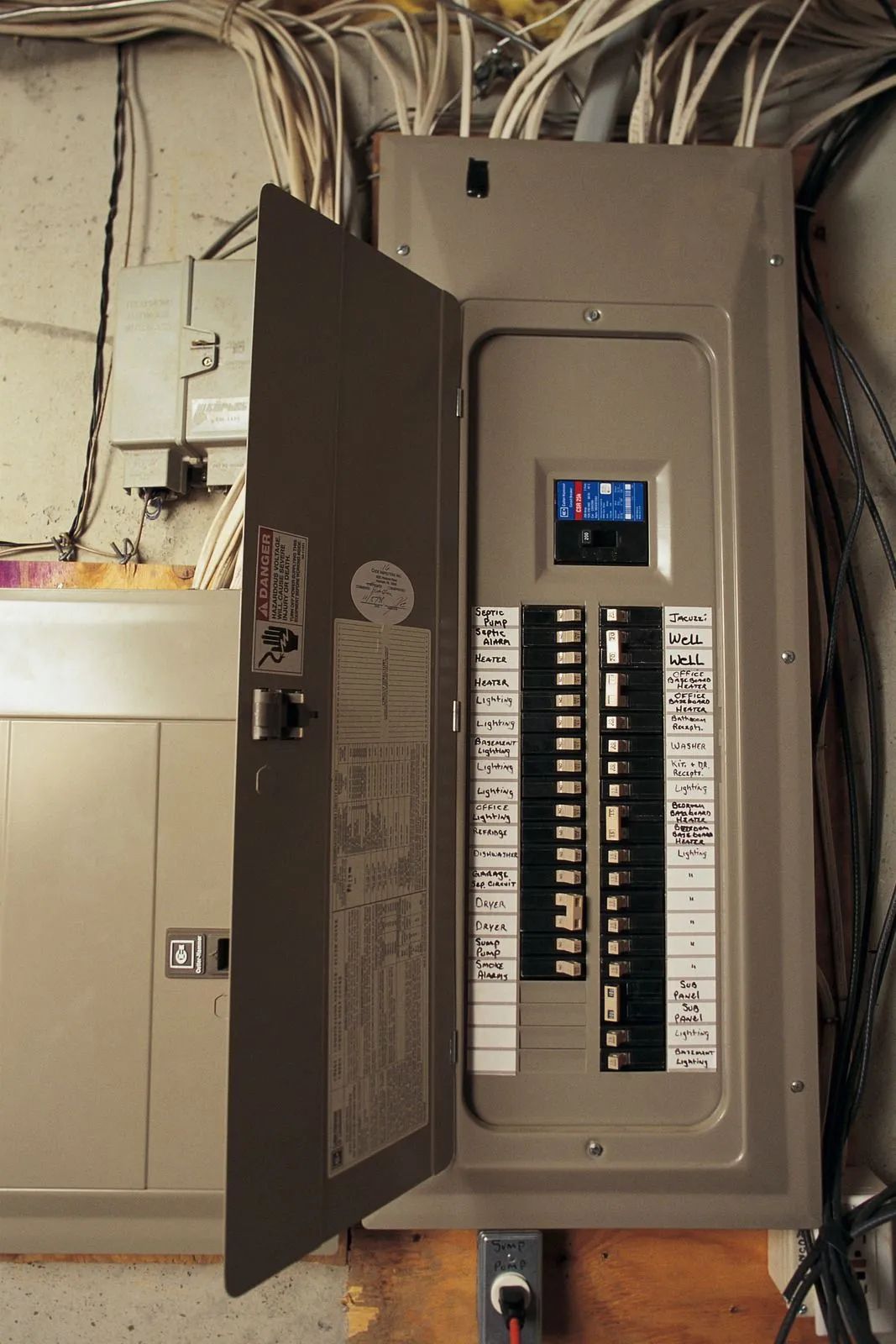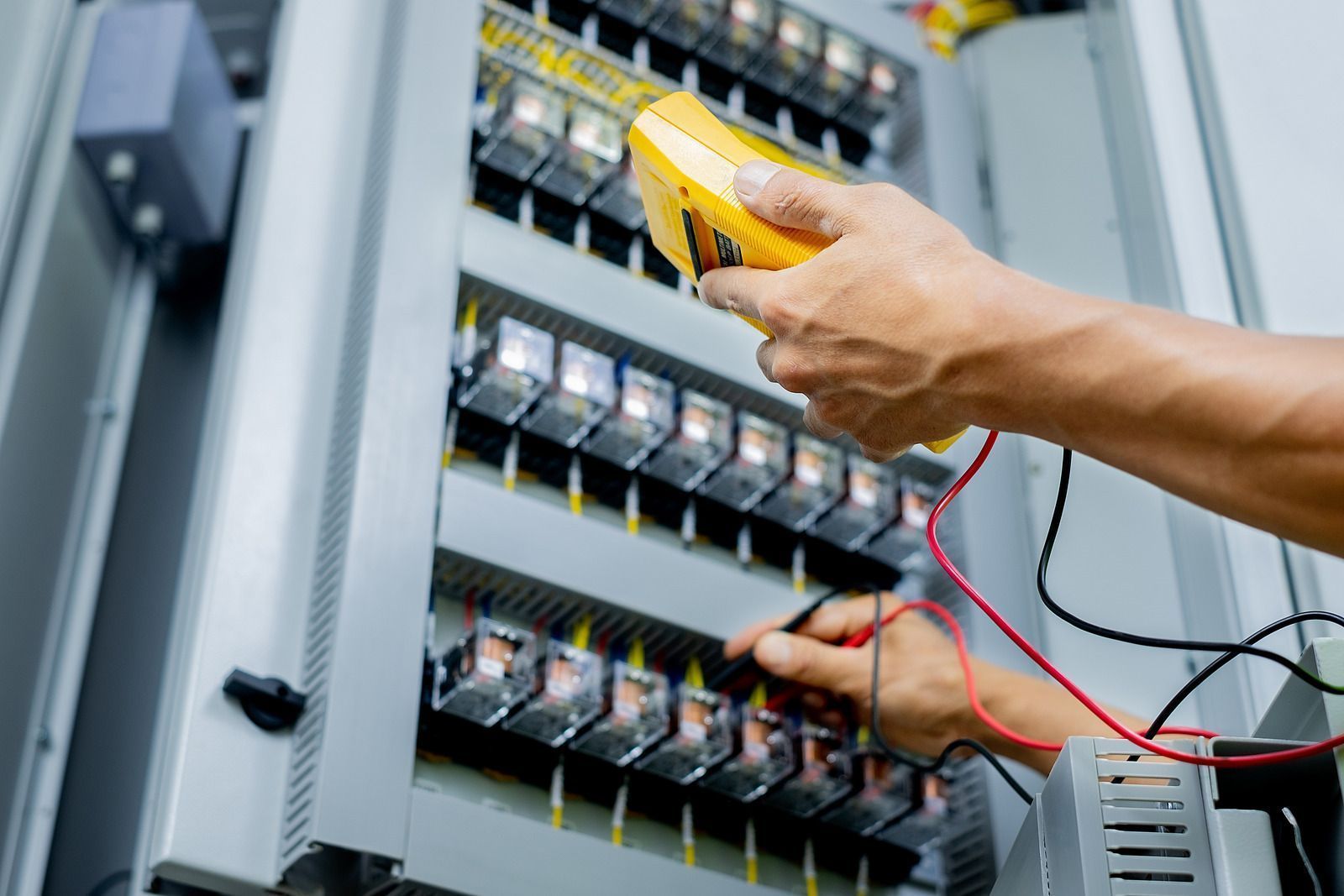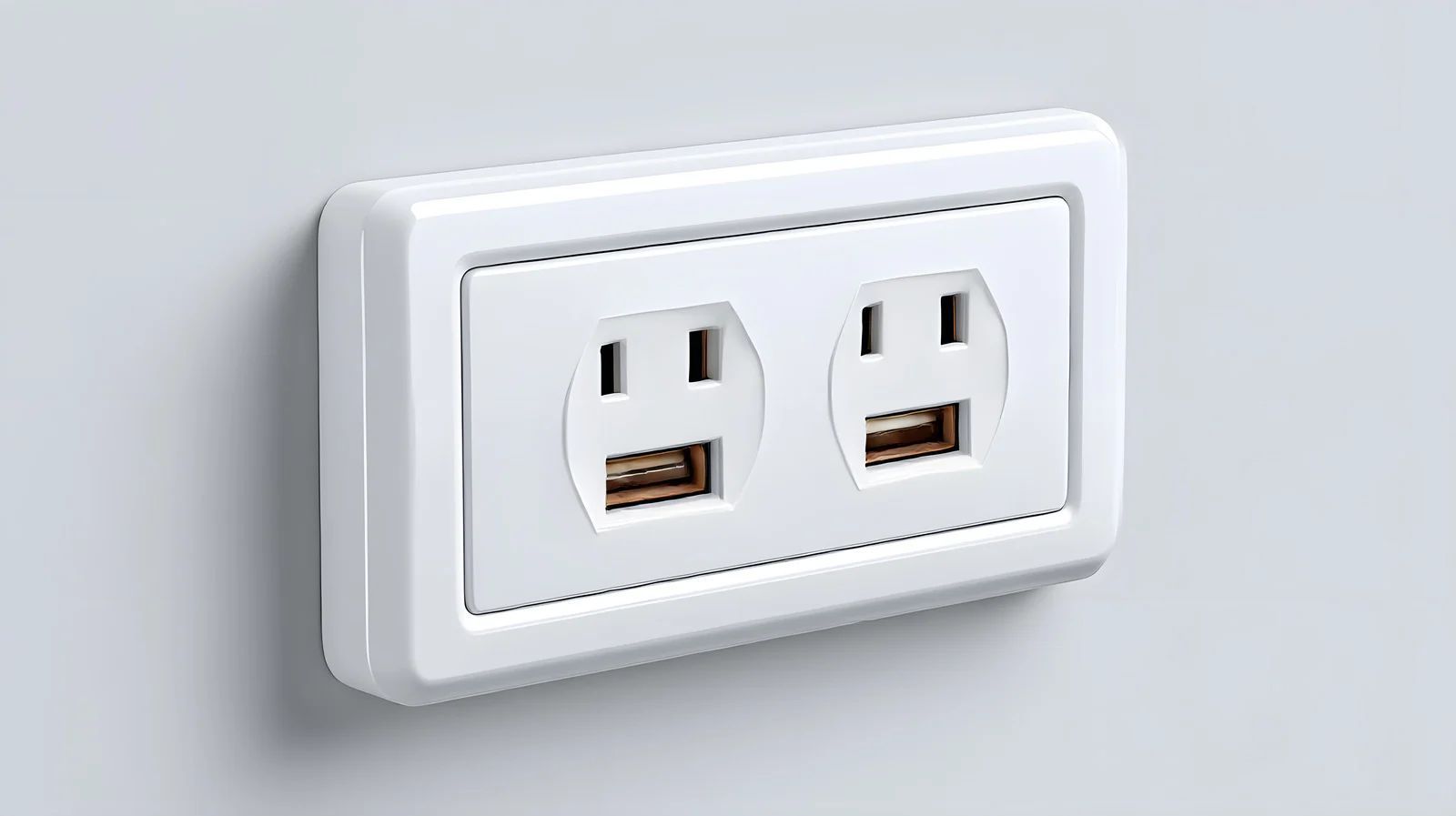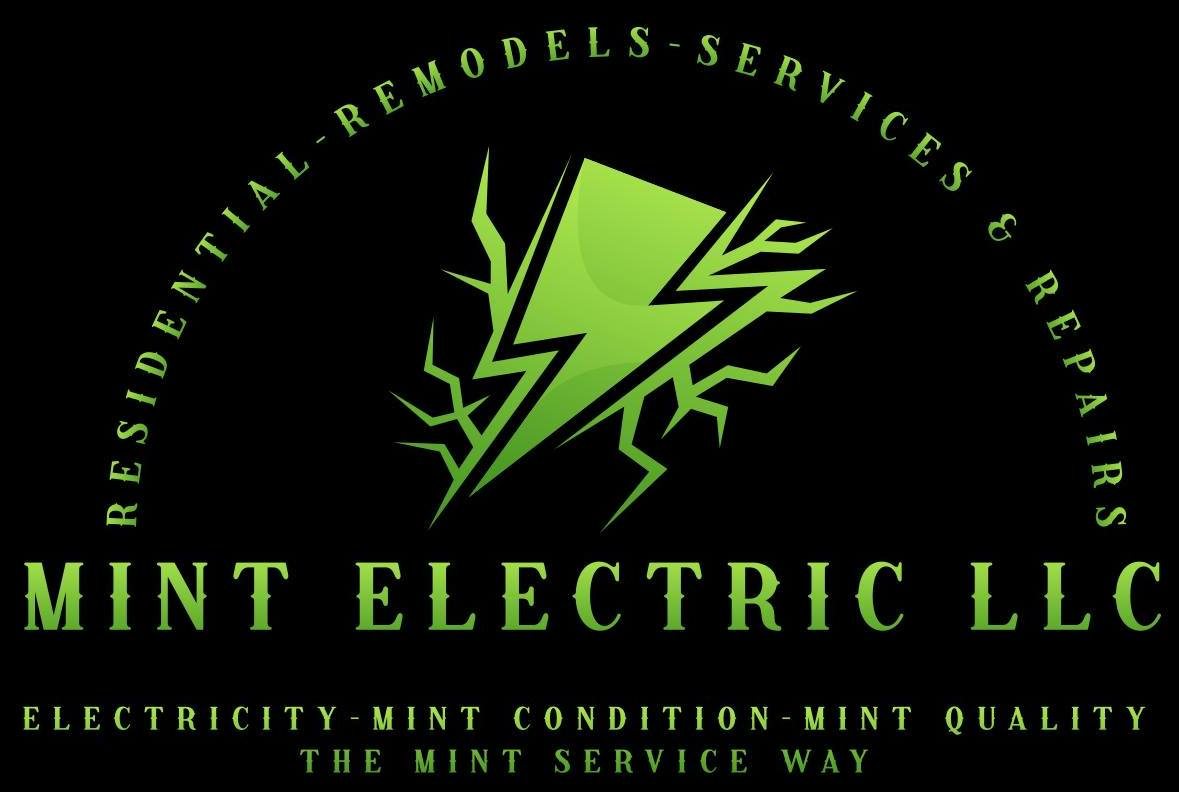7 Common Electrical Problems and When to Call a Pro
July 11, 2025
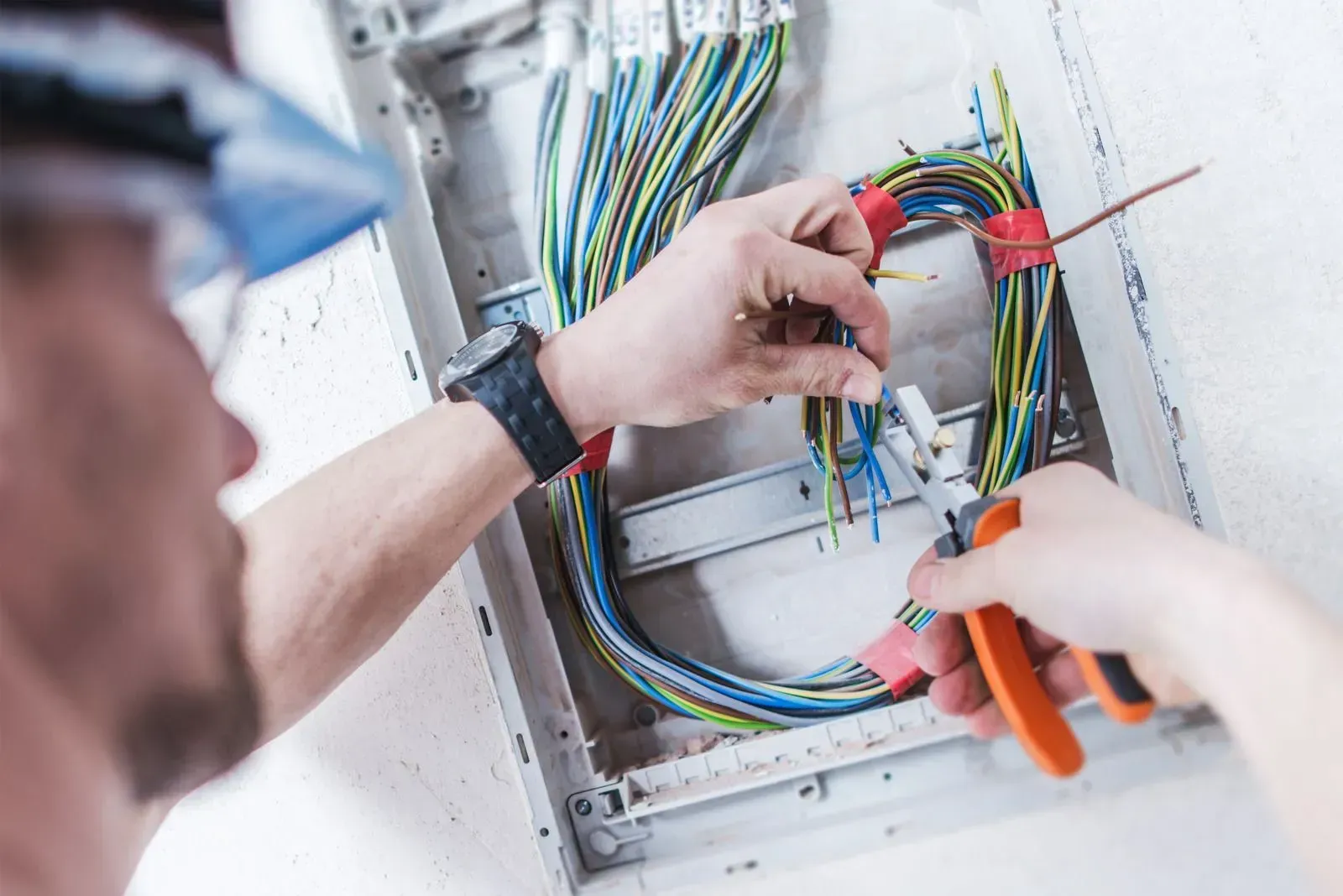
Electrical issues have a funny way of starting small and turning into major headaches. A flickering light or a tripped breaker might not seem like much—until half the house goes dark or something sparks behind a wall. Knowing what to watch for can save you money, protect your home, and keep everyone safe
1. Flickering or Dimming Lights
Lights that dim or flicker when an appliance turns on are more than annoying. This usually points to an overloaded circuit or outdated wiring that struggles to handle modern demands. It might also be a sign of loose connections, which can become a fire hazard over time.
2. Frequent Breaker Trips
Breakers are designed to protect your home by cutting power when something goes wrong. If you’re constantly resetting them, your system is probably drawing more power than it should. This could be a symptom of a faulty appliance, an outdated panel, or
wiring that needs serious attention.
3. Dead Outlets
An outlet that suddenly stops working may indicate a tripped GFCI, loose wiring, or internal damage. Ignoring it isn’t an option. Outlets that fail could lead to overheating or arcing, especially if something is still plugged in. If flipping a GFCI reset doesn’t work, it’s time to get it inspected.
4. Warm or Discolored Switches and Outlets
If an outlet feels warm to the touch or shows discoloration, it's a red flag. These symptoms usually suggest poor wiring or an overloaded circuit. This can cause heat buildup behind walls, increasing the risk of fire. Replacing the outlet won’t fix the root problem.
5. Buzzing Sounds
Electrical systems should be silent. Any humming, buzzing, or sizzling sounds coming from outlets, switches, or inside walls are signs that something isn’t working properly. Often, it’s the sound of current trying to bridge a loose connection, which can be extremely dangerous.
6. Light Bulbs Burning Out Too Quickly
Burning through bulbs faster than expected? It might not be the bulbs. Poor insulation, incompatible fixtures, or voltage issues can all shorten bulb life. In some cases, excessive heat in enclosed fixtures can be the culprit. Either way, it’s worth having a professional take a look.
7. Outdated Electrical Panels
Old panels weren’t designed to support the load of today’s tech-heavy homes. If your panel is more than a few decades old or you’re still working with screw-in fuses, it’s not just inefficient—it’s unsafe. Upgrading your panel improves safety, boosts resale value, and keeps everything running smoothly.
At Mint Electric, we’ve seen just about every electrical problem imaginable over the past 10+ years. From faulty wiring to full panel upgrades, we handle it all with precision, care, and zero shortcuts. If you're dealing with any of these common issues—or just want peace of mind that your home’s electrical system is in good shape—our licensed electricians are here to help. We proudly serve Mapleton, UT, and surrounding areas with expert service that keeps homes safe and powered. Reach out today and let us do what we do best.

